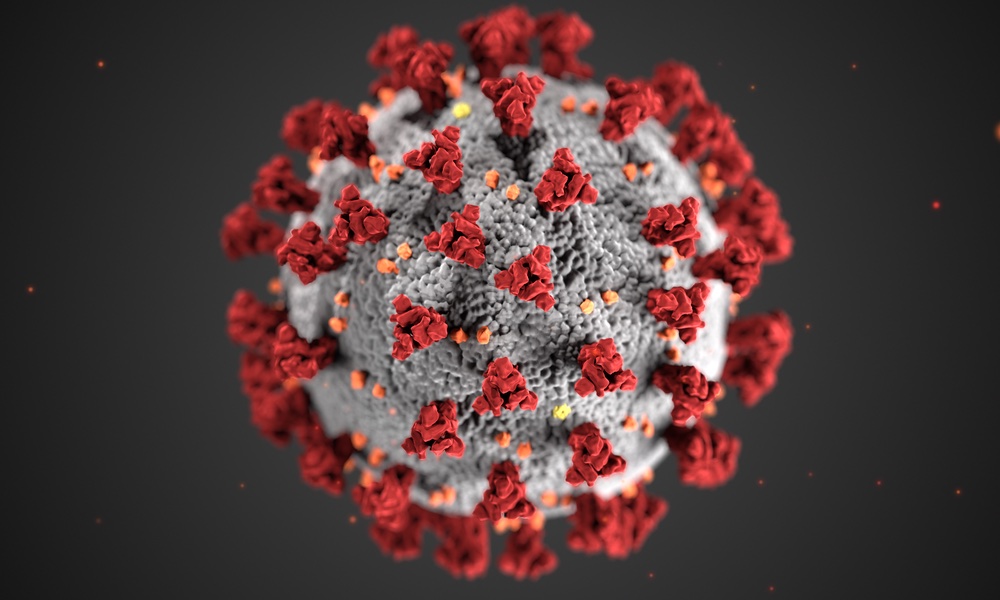Since the beginning of the pandemic, evidence has suggested that having antibodies to SARS-CoV-2, the novel coronavirus that causes COVID-19, protects people from reinfection with the virus. However, this evidence has been limited and anecdotal.
To get a clearer picture of how protective antibodies to SARS-CoV-2 might be, researchers from the National Cancer Institute collaborated with data analytics companies and commercial laboratories to compare the risk of SARS-CoV-2 infection of those who were negative for viral antibodies, known as seronegative, to those who were seropositive — who had a positive result when their blood was tested for the presence of the virus..
The results of this observational study suggest having antibodies to SARS-CoV-2 actually did appear to protect study participants from infection for several months. Understanding the role of antibody status in the potential for infection is important because it could guide decisions about vaccine distribution, and returning to schools and workplaces.More than 3.25 million patients who had taken a SARS-CoV-2 antibody test participated in the study. Almost 2.9 million participants were seronegative, or negative for serum antibodies to the virus.
More than 3.25 million patients who had taken a SARS-CoV-2 antibody test participated in the study. Almost 2.9 million participants were seronegative, or negative for serum antibodies to the virus, at the beginning of the study, and about 380,000 tested positive for the antibodies. Of those who were seropositive, more than 18 percent became seronegative during the follow-up period.
About 11 percent of those who were seropositive and 9.5 percent of those who were seronegative later received a nucleic acid amplification, or PCR test, for SARS-CoV-2. The researchers determined the proportion of participants in each group who had a positive PCR test. PCR test results were determined at intervals of 0-30 days; 31-60 days; 61-90 days; and more than 90 days, because those who are infected with the virus can still shed its RNA, its genetic material, for up to three months.
Among those who were initially seropositive, the number of participants who had a positive PCR test decreased over time. Only about 0.3 percent of those who were initially seropositive had positive results on PCR tests run more than 90 days later, when virus detected via PCR likely reflects a new infection rather than viral shedding from the original infection. In comparison, about three to four percent of those who were initially seronegative had a positive PCR test, however — about ten times the rate of those who were seropositive.
“Additional research is needed to understand how long this protection lasts, who may have limited protection, and how patient characteristics, such as comorbid conditions, may impact protection,” Lynne Abernathy, lead author and director of the NCI’s Surveillance Research Program, said.
The study and related editorial were published in JAMA Internal Medicine.





